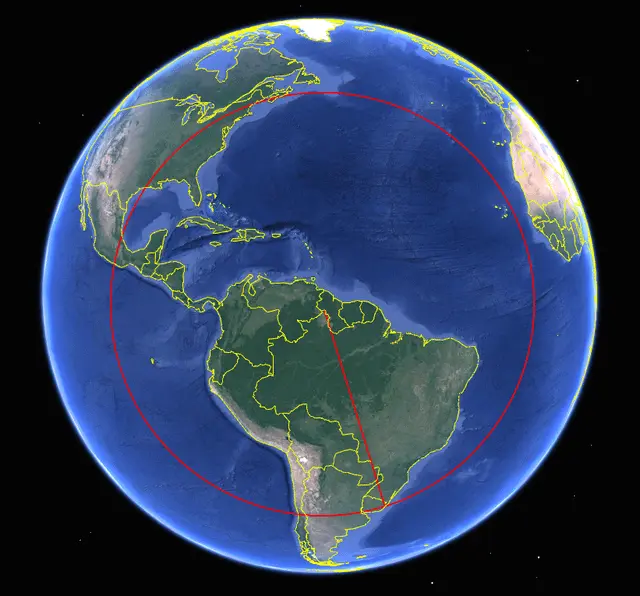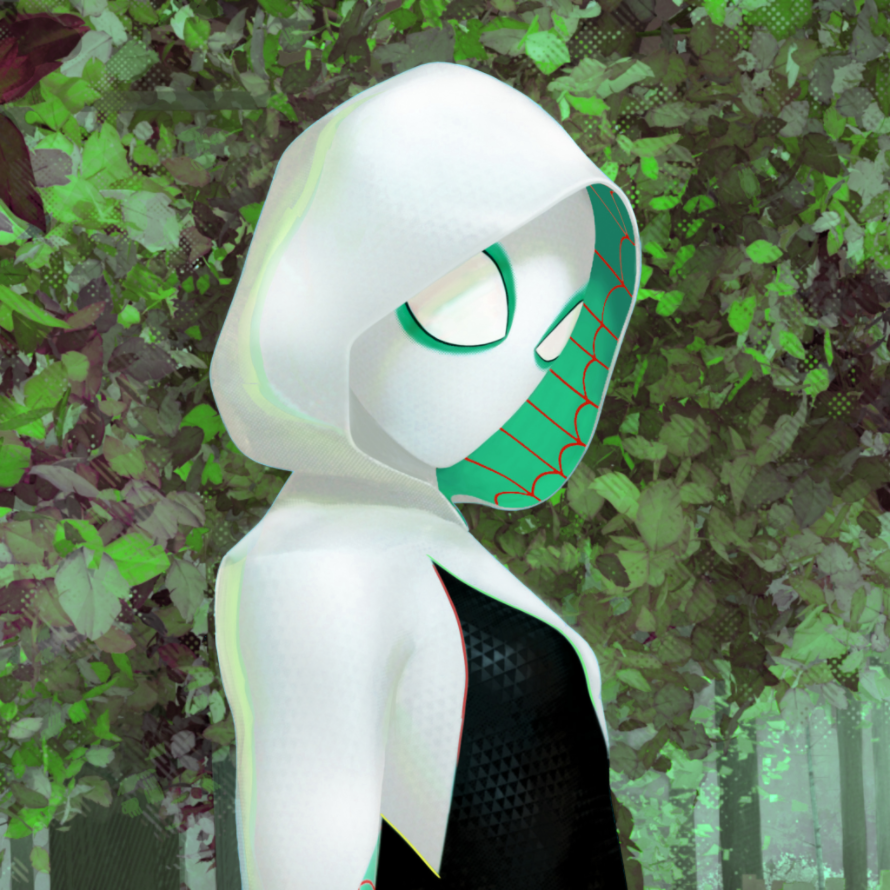General Motors, Firestone Tire, Standard Oil, and Phillips Petroleum were convicted of an actual conspiracy related to the monopolization of transit systems, which replaced beloved streetcar (rail) systems with rubber-tired oil-burning buses.
https://en.wikipedia.org/wiki/General_Motors_streetcar_conspiracy
Isn’t this Judge Doom’s plan?
The country claiming to have the most “freedom” of any country has the highest incarceration rate of any country.
Not so fun fact: the constitution allows for slavery as long as it’s a punishment for a crime.
Hmmm… Nah, those dots don’t connect at all.
Oxford University is older than the Aztec empire.
Oxford University founded in 1326, Aztec empire ~1428-1521
Don’t mean to pick, but Oxford was founded in 1096 and Cambridge in 1209.
I worked for cambridge in 2009 and got a nice little 800 year badge
Thats 900 years dumbass
Edit: you got epic trolled by summzashi!!!
And some of the colleges of Oxford University are older than the university. Merton College was founded in 1264.
Most people have more than the average number of legs.
The average person has one fallopian tube
"The average person has… " is very different from “People on average have…”.
I suspect you meant the second, but sometimes people truly mean the first.
The difference doesn’t matter until it very suddenly matters. 😉
I was actually quoting Bo Burnham, it’s a direct quote from his 2010 special Words Words Words
The northern most part of Brazil is closer to Canada than it is to the southern most part of Brazil.
What is this sorcery?

if you scramble a rubiks cube up there is a good chance that it is the first cube to be in that state. there are 43,252,003,247,489,856,000 possible states that a cube(3x3) can be scrambled up in to.
Not only that, but every single one of those configurations is solvable in 20 moves or less! https://www.cube20.org/
All the planets in the solar system can fit in the space between the Earth and the Moon
this is actually a misconception! the gravity of the planets combined would cause them all to crash into each other!
Texas is larger than any country in Europe except Russia.
Wait, is Russia in Europe?
Edit: apparently it’s in both. https://en.m.wikipedia.org/wiki/Boundaries_between_the_continents
I always feel weirded out when people are surprised part of Russia is in Europe, when I was surprised to learn part of it is considered Asia.
Geographically only, not in essence
Essence?! We have tacos and bbq!
Turkey has kebab but they can’t into Europe either.
Maybe if EU becomes the World State it can welcome honorary members
Almost every atom in your body has been part of other living organisms thousands if not millions of times before.
A day on Venus is longer than a year on Venus.
If you start to think about how these lengths of time are defined it becomes clearer.
1 day = time to rotate on it’s axis once 1 year = time to complete a full rotation around the sun
For Earth, it takes us ~24hrs to rotate on our axis and 365.25 days to orbit the sun.
However, because Venus’ axial rotation is so slow (and another interesting fact, it rotates in the opposite direction to other planets) it actually completes a full orbit of the sun before 1 axial rotation.
Hence, a year is shorter than a day
For those interested:
1 Venus day = 243 earth days 1 Venus year = 225 earth days
The USA is not a true democracy in the academic sense of the word.
It’s not very democratic in common sense as well.
And it was never designed to be. It was always meant to be a republic.
We first were a confederation. Were your idea of a true democracy was more or less in place. The revolutionary war was won in 1783. The constitution wasn’t ratified till 1789, and the bill of rights written until 1793. Before that the US had almost no central government, and each state was independent from one another. Had their own currency, banking system, laws, and military.
States still have a lot of that same autonomy today, but there was no central government tying them together. If the US went to war and a state didn’t want to go, they wouldn’t. A little more complex than that, but generally that’s what it amounted to.
Having this type of system created a bunch of problems and came to a head when Shay’s Rebellion happened. I won’t go into depth about it, but mainly confederated Massachusetts couldn’t fight off the rebels attempting to take over the state. Since the US was a confederation there was no central government the state couldnt call on for help, and all the other states more or less said ‘meh sucks for you’.
This incident lead to the Constitutional Convention that wrote the document we still uphold today, and bringing in more of a centralized Federal Republic, and not a decentralized confederated one.
My ranty point is, we tried the whole true democracy thing and it failed. So we went to a Federal Republic, still very much democratic, but moved away from a true democracy.
“republic” is opposite to “monarchy”. It is unrelated to democracy or authoritarianism. Nazi Germany was a republic. France is a republic.
Your republic is flawed by design. Your founders didn’t trust democracy so they weakened it, the country hasn’t managed to improve the democracy since.
Australia is also a Federation, but a monarchy not a republic. Australia is quite a bit more democratic than America
Ok
An elephant is the only mammal with 4 forward facing knees.
The can opener was invented 30 years after the can.
Well, wouldn’t it be weird if it was the other way around?
“Yooo, check this out, I made a new invention, it’s called a can opener!”
What does it do?
“idk”Surely you understand that the remarkable part is the duration between the inventions, not the chronological order.
Crazy amount of not understanding jokes in this thread.
Air is a fluid.
What… how?
It flows
what about a glacier? it’s solid but it kinda flows too
So does glass almost, glass is not a liquid, there are more than 5 stated of matter, a lot more, but glass is still a type of solid. It has some characteristics that recemble the characteristics of a really slow moving liquid.
Well glaciers contain both solid and liquid parts. When you compress ice it turns to liquid. Water isn’t really easy to compress, liquid water can be lower than 0c (freezing), which is called super cooled, and it turns to ice when it’d not compressed anymore. You can make super cooled water or even soda at home, and if you give the bottle a shake it will turn to ice in a couple of seconds. Also the ground under the glacier will be moved together with the ice and water, there is do much force there. When a part of a glacier breaks off it’s called calving, like when a cow gives birth to a calf
The closest planet to Earth is Mercury.
On average that is. Mercury is actually the closest planet to every other planet in average. Because when it’s on the other side of the Sun, it’s still pretty close.
Wow, you’re absolutely correct!
The average distance from Earth to Mercury is about 1.04 astronomical units (au), which is the average distance between Earth and the Sun.
In comparison, the average distance between Earth and Venus is approximately 1.14 au, while the average distance between Earth and Mars is around 1.7 au.
You can check that in Wolfram Alpha.










